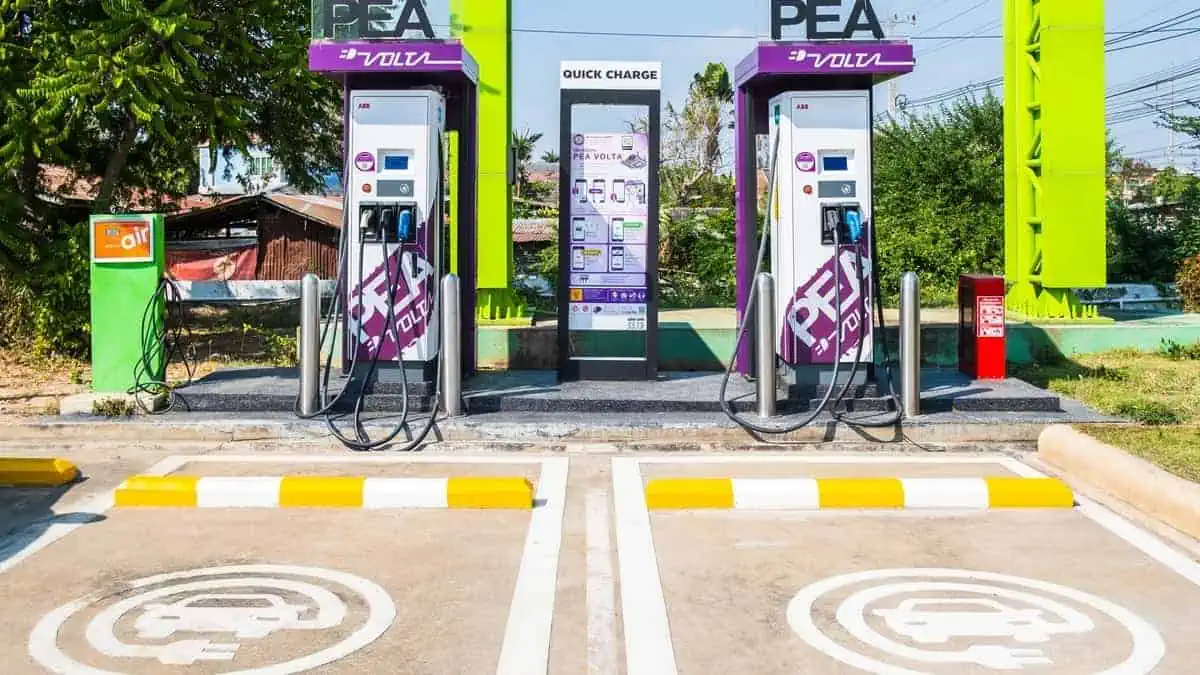Gebrüder Weiss Peak Evolution Team proudly announced the achievement of a new world altitude record at 6,500 meters above sea level with its solar-powered electric vehicle at Ojos del Salado, Chile.
The expedition
According to the press release, the team drove the solar-powered truck up to the western ridge of Ojos del Salado. For those unaware, it is the highest active volcano on the planet. They emphasized that there is no other electric vehicle that has been driven that high.
“This is a record not only for this technology, but for our years of research work and for the very future of mobility. We hope that this success will attract more attention to alternative drives and their use in mining and other demanding transport tasks.”
Patrik Koller, Peak Evolution CEO and Developer
Peak Evolution’s logistics partner, Gebrüder Weiss, guaranteed that the solar-powered vehicle arrived safely in South America and also partially funded the groundbreaking expedition.
“As the oldest transport and logistics company, we are committed to the future of mobility. This success underlines our ongoing support for sustainable mobility projects and innovative technologies. We are delighted for the team and will now bring the record-breaking vehicle safely back to Switzerland.”
Frank Haas, Head of Corporate Brand Strategy & Communications at Gebrüder Weiss
According to Electrek, the team transported the solar-powered truck from Switzerland to Chile through Rotterdam by sea freight. Then, they transported it overland to the Atacama region. The team immediately prepared for their expedition up to Chile’s Maricunga Salt Lake, which is at 3,400 meters (11,155 feet) altitude.
About the solar EV
The Gebrüder Weiss Peak Evolution Team’s vehicle is apparently a multi-purpose Aebi VT450 transporter.
Impressively, it employs two electric motors with a maximum output of 120 kW each rather than gas.
It also has a 300 V nominal EcoVolta li-ion battery with a capacity of 90 kWh, enabling a driving range of up to 200 km (124 miles).
The team charges the truck via its four rooftop solar panels and 16 ground panels. These solar panels apparently generate a maximum power of 370 W and offer a 22.5% cell efficiency.
The overall output of the solar power system is 7.4 kWp, enabling the truck to replenish around 150 km (93 miles) in five hours.
The team feeds the solar power back to the truck with a DC-coupled charging system. It also has a triple redundancy in case of part failure. It also features five solar charge controllers that optimize energy generation. In addition, it offers a 230 V AC inverter to allow the team to also charge their devices.
So what?
This innovative expedition demonstrates the advantage of electric vehicles over gas-powered cars. Unlike the latter, EVs do not lose power even at high altitudes.
The extreme terrain and environmental settings in driving up to the world’s highest volcano undoubtedly challenged the solar truck’s durability and strength.
“Despite these extreme conditions, our specially developed vehicle managed to drive higher than any other e-vehicle – let alone a solar-powered one. We have been training for this moment for four years, so giving up was never an option.”
Patrik Koller, Peak Evolution CEO and Developer
The innovations would not stop there, as Gebrüder Weiss plans to test an autonomous driving truck in 2024. It is also set to dispatch an international research team to Greenland to explore key insights about climate change.
You can watch the brief video of the Gebrüder Weiss Peak Evolution Team’s expedition below:






